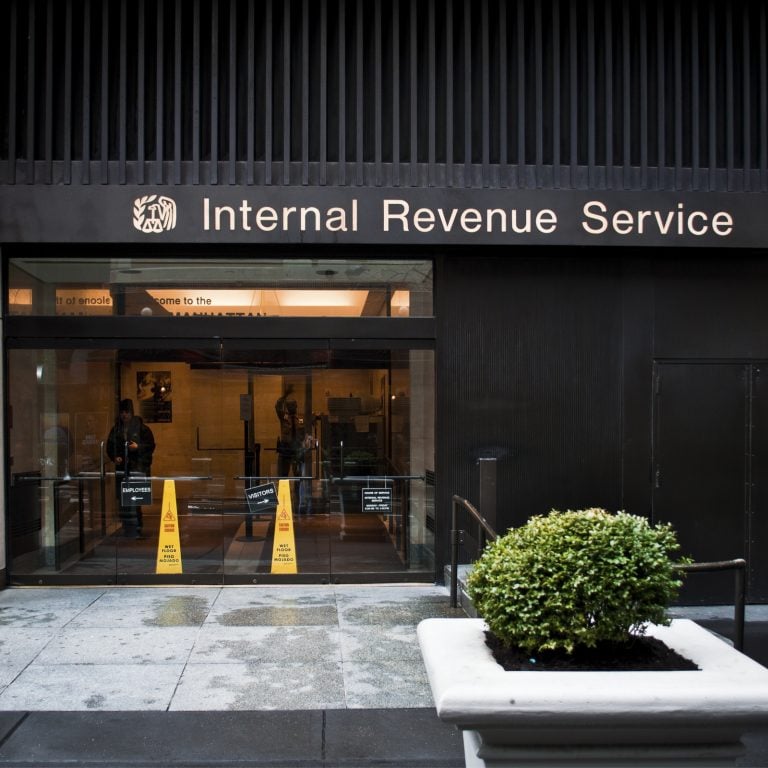2019-1-16 23:00 |
Last year, the crypto community pointed fingers at tax payers liquidating assets in order to cover inflated tax bills due to the substantial gains realized during the 2017 Bitcoin bull run as among the chief reasons the bear market had begun.
In 2018, however, the inverse happened, and most cryptocurrency investors suffered massive losses as the price of Bitcoin and other cryptocurrencies fell by as much as 80-90% in most cases. With tax season rolling around again, investors should be liquidating assets in order to lock in realized losses that can be claimed on an individual’s taxes, offsetting other aspects of the individual’s tax bill, or possibly leading to a return.
However, new data reveals that only 34% of losses American cryptocurrency investors saw in 2018 have been realized, suggesting that most Americans don’t understand crypto-related tax laws, and don’t realize they can claim the losses on their taxes.
Nearly Two-Thirds of American Crypto Losses Could Go UnrealizedAccording to credit monitoring services company Credit Karma, United States citizens have suffered losses related to their cryptocurrency investments to the tune of $5 billion. However, only about a third of those $5 billion in losses will be realized losses, or roughly $1.7 billion.
When an individual American tax payer invests in a cryptocurrency, a cost basis is established for tax purposes. Selling an asset also triggers a taxable event. How much that asset has appreciated – or in the case of the 2018 bear market that is still currently ongoing, how much that asset has depreciated – at the time it is sold, determines what the individual is responsible for tax-wise. If an asset is never sold, the gains or losses are only paper gains and losses, meaning they cannot be claimed on an individual’s taxes, but may still be reflected in one’s portfolio.
Related Reading | U.S. Lawmakers Ask IRS for Clarity on Crypto Tax Laws
The data suggests that either Americans don’t understand that assets must be sold to trigger the taxable event and lock in unrealized losses that can be claimed on their taxes, or the HODL mentality has made it so they simply won’t sell their assets for any reason – not even to lock in unrealized losses for tax reasons.
Credit Karma general manager Jagjit Chawla says it’s the former.
“Even though those who sold their bitcoin at a loss can typically claim a tax deduction we found that before taking our survey, 61% of respondents who lost money on bitcoin didn’t actually realize they could get a tax deduction for bitcoin losses,” he explained.
The survey revealed that respondents were confused in general, with more than half believing their losses were too small to make an impact, while others didn’t even know they were required to file their cryptocurrency losses on their taxes. Not doing so could lead to severe penalties. Some claimed they didn’t even know how to file their crypto losses.
U.S. Crypto Tax Law Is Complicated, Varies By Duration of HODLComplicating things further, in the United States, cryptocurrencies are treated as property and are subject to capital gains tax the same way real estate is. Capital gains tax rates vary by income levels, and are classified as “short-term” and “long-term” depending on how long the asset has been held by the owner. Each classification also has different rates.
Related Reading | Former U.S. Representative Ron Paul Pushes for Crypto Tax Exemption
Locking in realized cryptocurrency losses could allow war-torn investors to claim up to $3,000 in losses on their tax bills. Losses exceeding $3,000 can be carried over into the following tax year. Investors can also use carried over losses to offset potential tax gains on next year’s tax bill, if the cryptocurrency market eventually turns around and a new bull run begins this year.
When investing in cryptocurrencies, be sure to also speak to a certified public accountant that is well-versed in capital gains tax law, and at least has a familiarity of cryptocurrencies. Given how new the technology and asset class, this may be like finding a needle in a haystack, but considering how important taxes are to any individual, knowing your cryptocurrency taxes are handled properly is worth the extra effort.
The post Confusing U.S. Tax Laws Lead to $5 Billion In Unrealized Crypto Losses appeared first on NewsBTC.
origin »Bitcoin price in Telegram @btc_price_every_hour
Emerald Crypto (EMD) íà Currencies.ru
|
|






